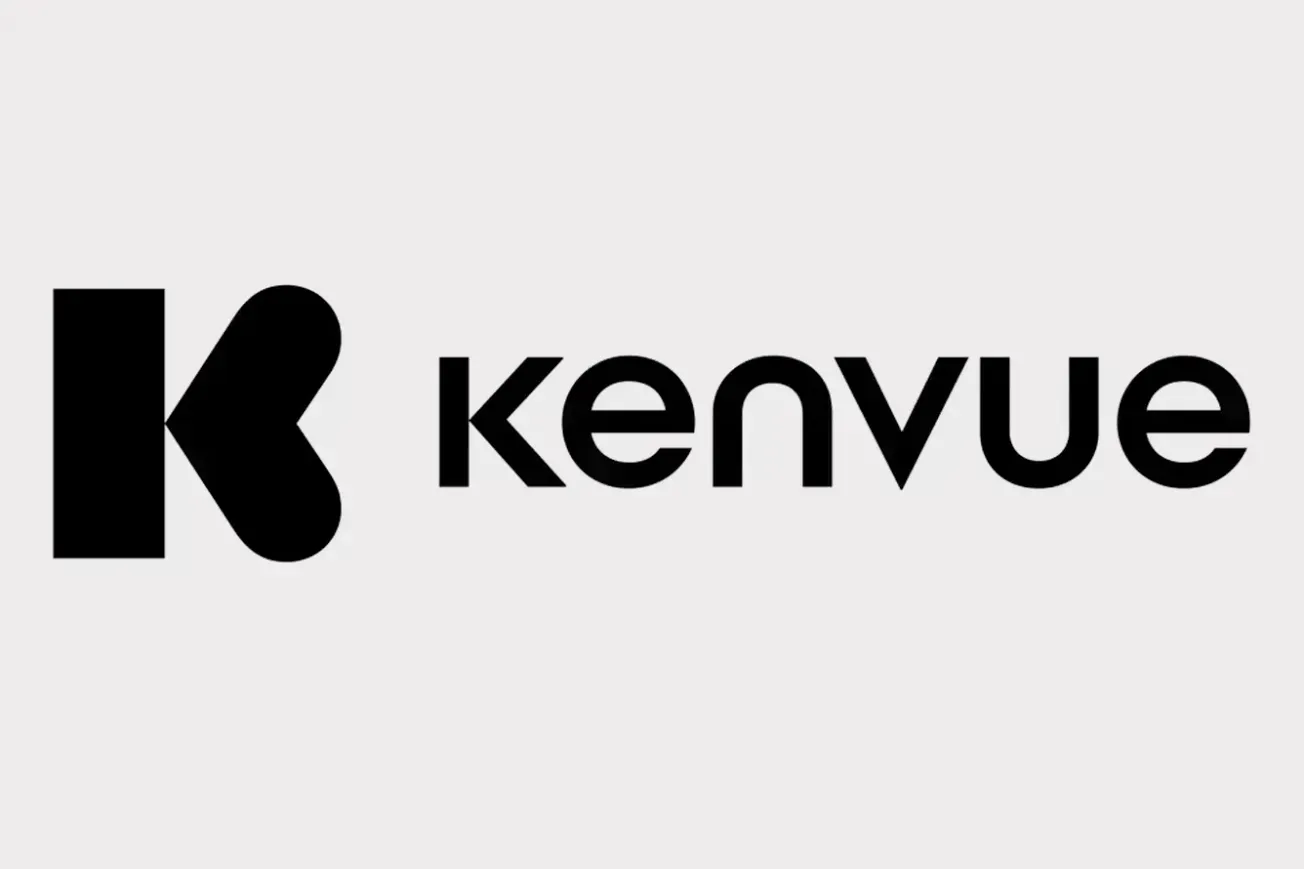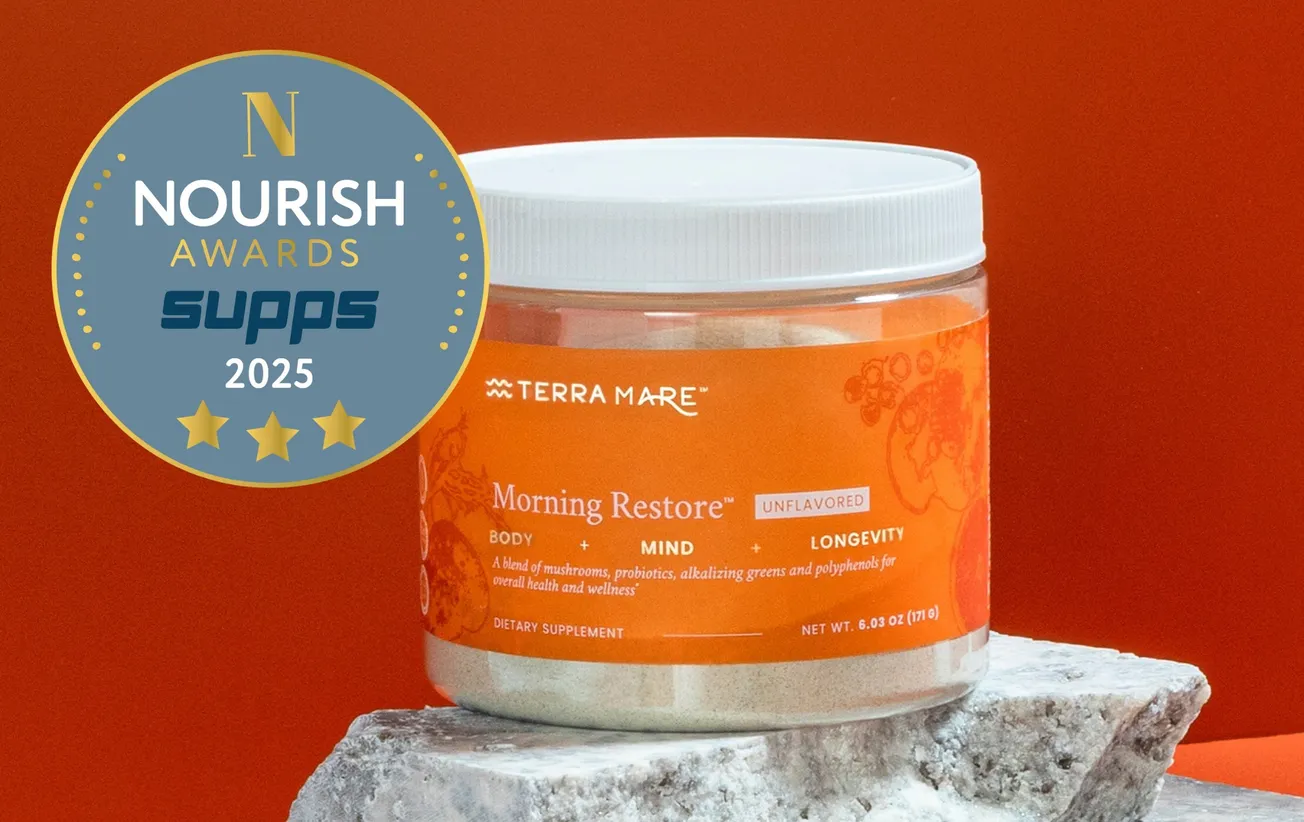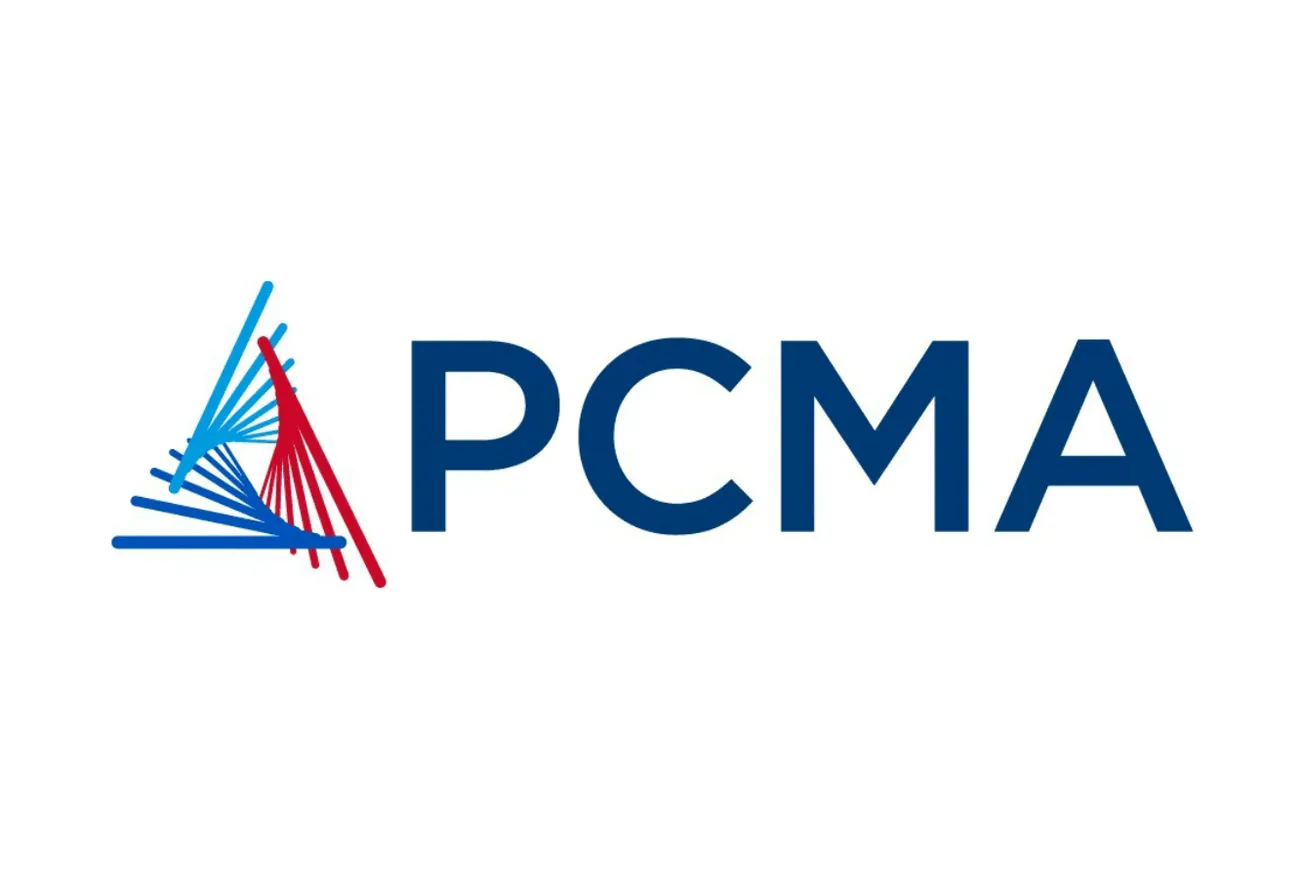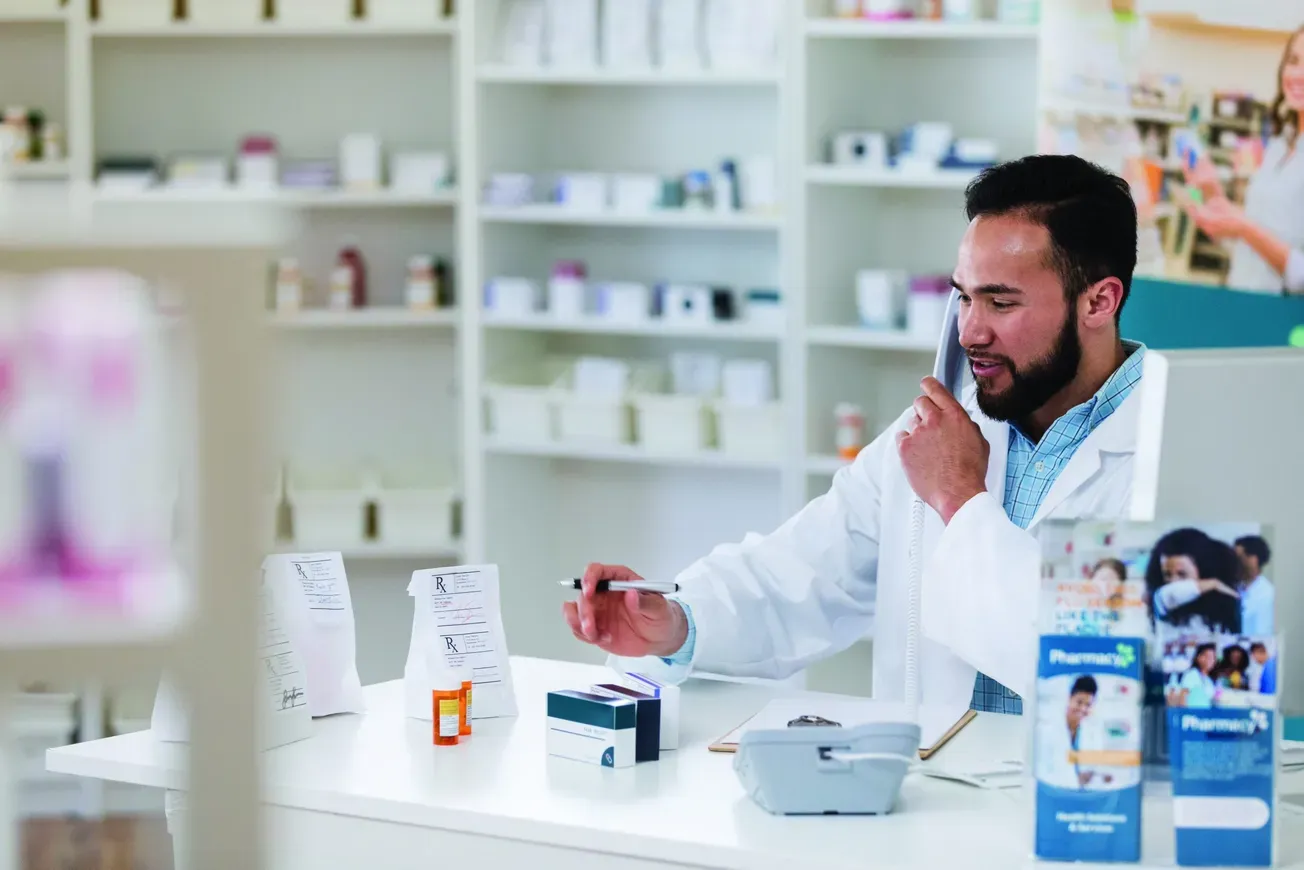TITUSVILLE, N.J. — Janssen Pharmaceuticals Inc. has announced a settlement and consent decree with 36 states and the District of Columbia regarding allegations related to promotional and marketing practices for Risperdal, an atypical antipsychotic medication.
The Johnson & Johnson company said Thursday that it will pay about $181 million as part of a consent decree to resolve state consumer protection law claims in the 36 states and the District of Columbia. A designated portion of the total amount will be paid to each state participating in the settlement.
Janssen noted that the settlement isn’t an admission of wrongdoing or violation of any law or regulation and that the company agreed to the settlement to resolve the concerns of the attorneys general under state consumer protection laws and to avoid unnecessary expense and a prolonged legal process.
"We have chosen this path to achieve a prompt and full resolution of these state claims and to ensure we continue to focus on our mission of providing medicines to meet the significant unmet needs of many people who suffer from mental illness," stated Michael Yang, president of Janssen Pharmaceuticals.
As part of the settlement, Janssen reaffirmed that it wouldn’t promote any of its atypical antipsychotics for off-label uses or make any false or misleading claims related to those products. The company added that it has a system in place to ensure that marketing and promotion policies are followed.
Risperdal is indicated for patients suffering from the effects of schizophrenia and bipolar mania.







